Instagram, the wildly popular photo sharing social platform, is the worst social media app for teenagers and young adult’s mental health, according to a new report.
The report by the Royal Society for Public Health (RSPH) titled #StatusofMind, surveyed nearly 1500 people between the ages of 14 to 24 regarding how different social platforms affect their well-being, including how it affects their anxiety, self-identity and body image.
The report found that Instagram was by far and away the most detrimental social platform, according to CNN, and most notably hurt the mental health of young women. Snapchat, the report found, came in a very close second.
To help combat the negative effects of Instagram, the RSPH is calling on Instagram and other platforms to take action, including its call to action for Instagram and others to: introduce a pop-up warning on social media; help identify users who could be suffering from mental health problems by their posts and discretely signpost to support; and highlight when photos of people have been digitally manipulated.
"We're not asking these platforms to ban Photoshop or filters, but rather to let people know when images have been altered so that users don't take the images on face value as real," Matt Keracher, the author of the report, told CNN. "We really want to equip young people with the tools and the knowledge to be able to navigate social media platforms—not only in a positive way, but in a way that promotes good mental health.”
The report did find that some networks have positive impacts on mental health, including YouTube, which ranked highest for improving young people’s self-esteem. The report also showed the astonishing amount of time young people spend on social media each day. According to the report’s findings, 91 percent of 14-24 year olds use social media and spend more than two hours per day on the apps.
For its part, Instagram says making its platform a safe and supportive place is its number one priority.
"Every day people from all over the world use Instagram to share their own mental health journey and get support from the community. For those struggling with mental health issues, we want them to be able to access support on Instagram when and where they need it,” Michelle Napchan, Instagram head of policy, told the BBC. "That's why we work in partnership with experts to give people the tools and information they need while using the app, including how to report content, get support for a friend they are worried about, or directly contact an expert to ask for advice on an issue they may be struggling with."






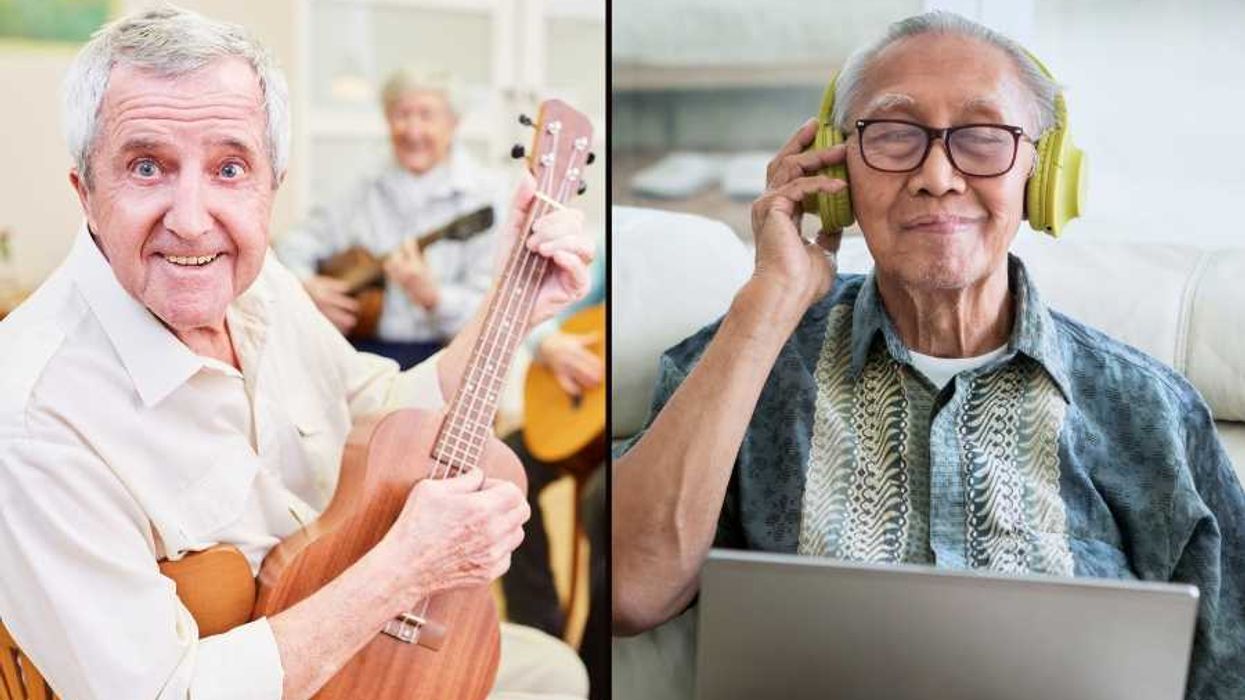







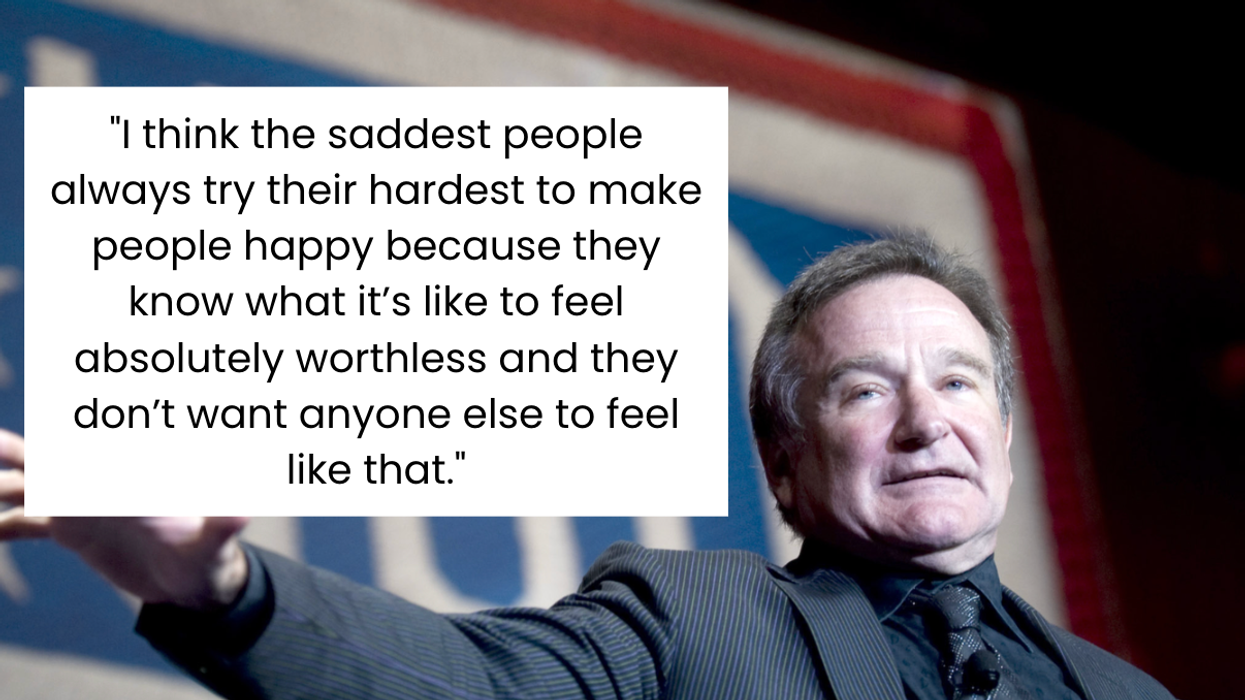
 Robin Williams performs for military men and women as part of a United Service Organization (USO) show on board Camp Phoenix in December 2007
Robin Williams performs for military men and women as part of a United Service Organization (USO) show on board Camp Phoenix in December 2007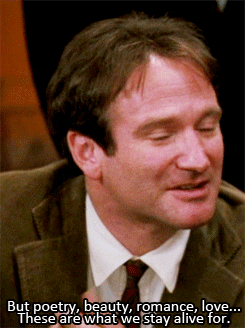 Gif of Robin Williams via
Gif of Robin Williams via 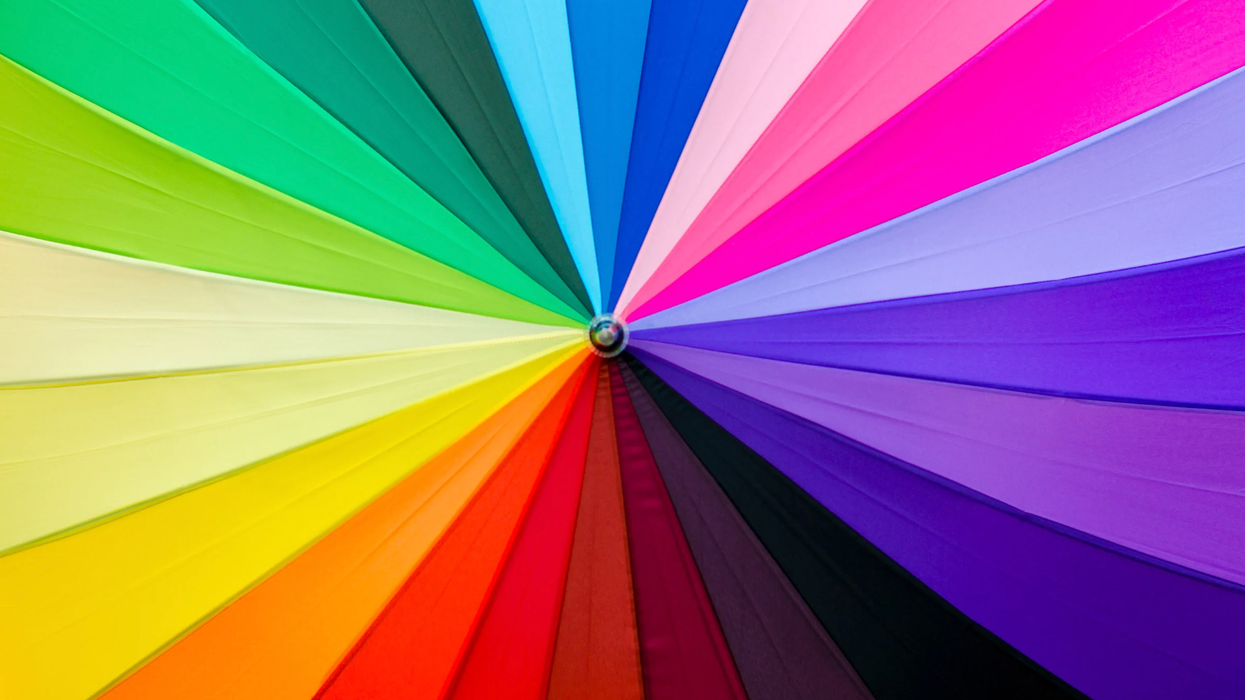
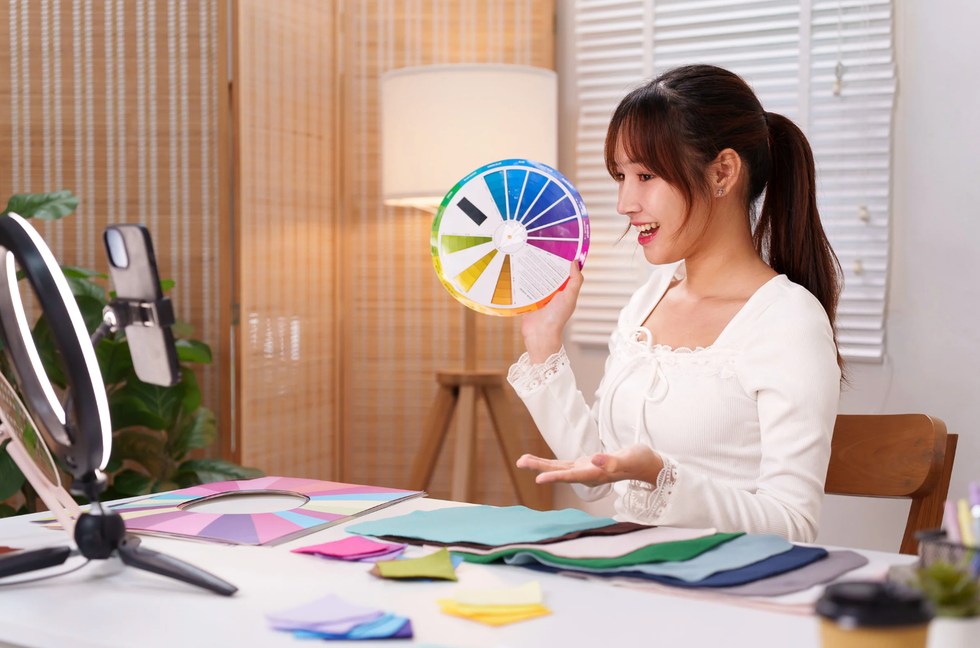 A woman conducts a online color testCanva
A woman conducts a online color testCanva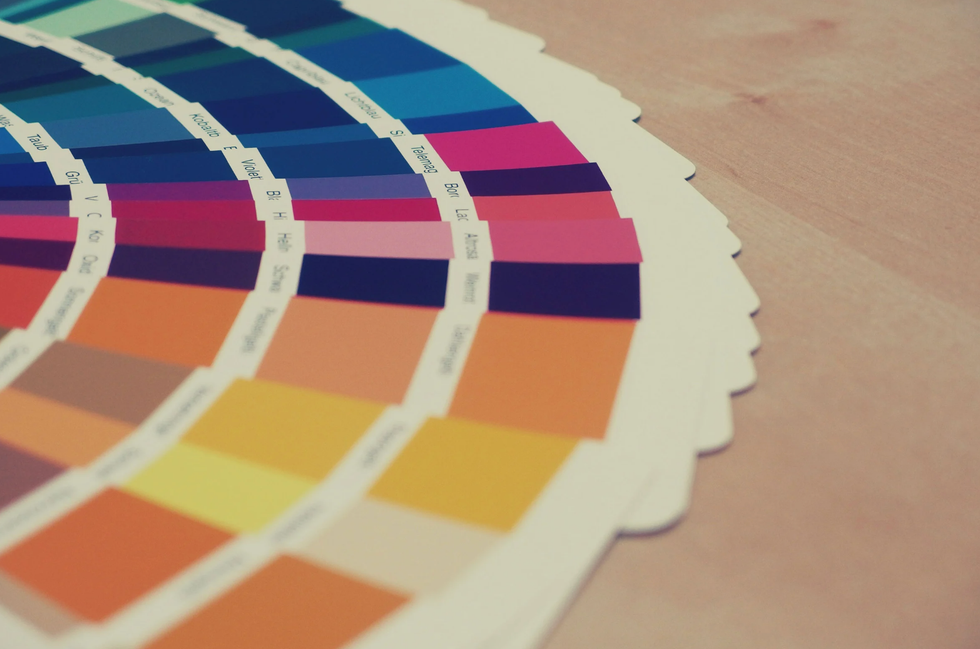 A selection of color swatchesCanva
A selection of color swatchesCanva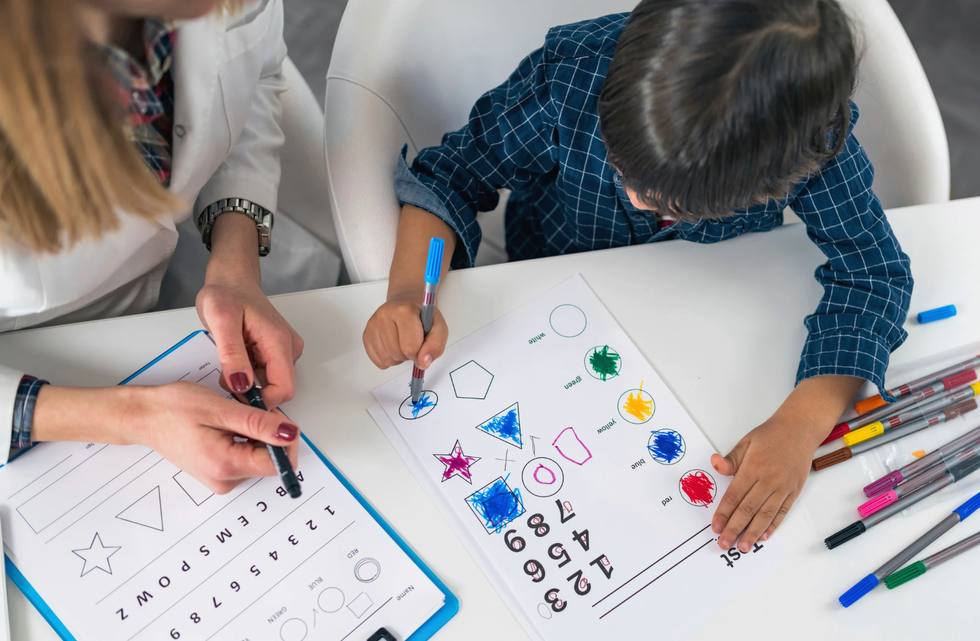 A young boy takes a color examCanva
A young boy takes a color examCanva 

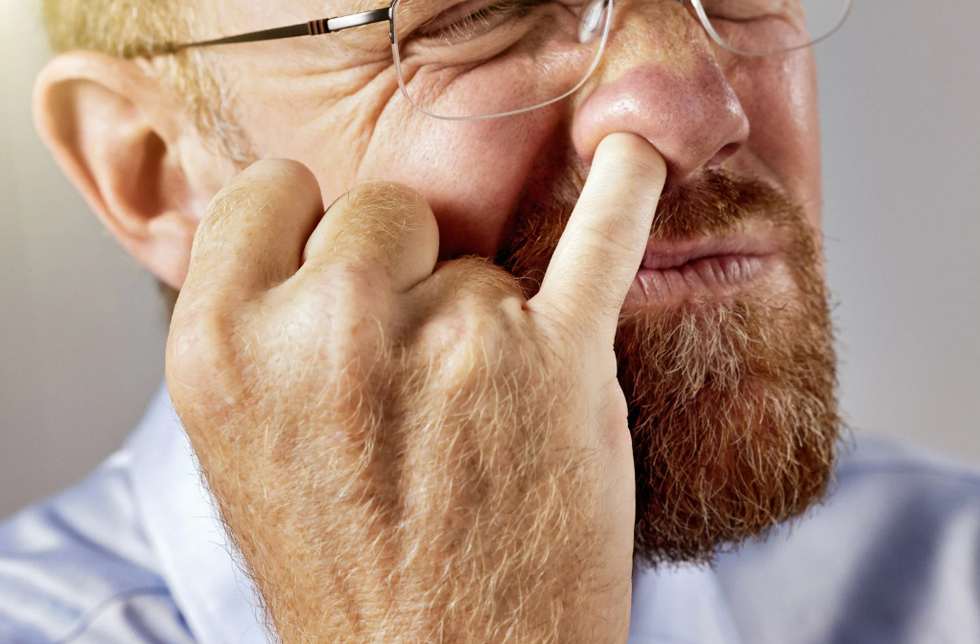 Pictured: A healthy practice?
Pictured: A healthy practice?

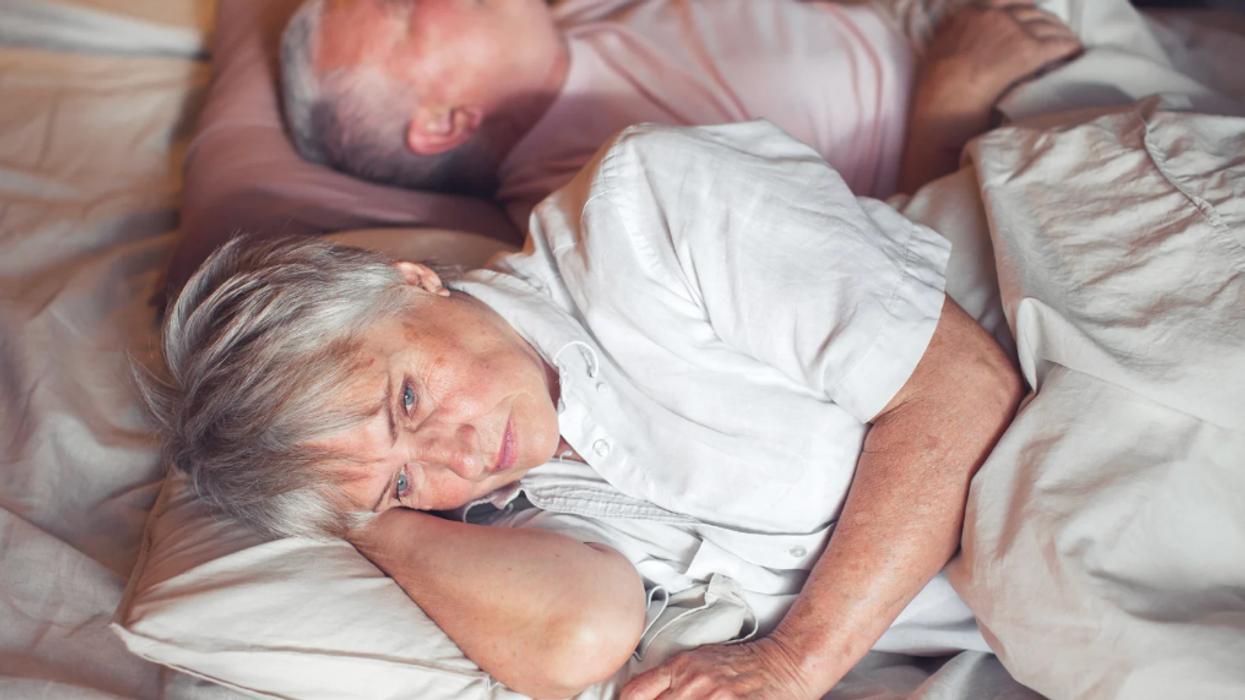
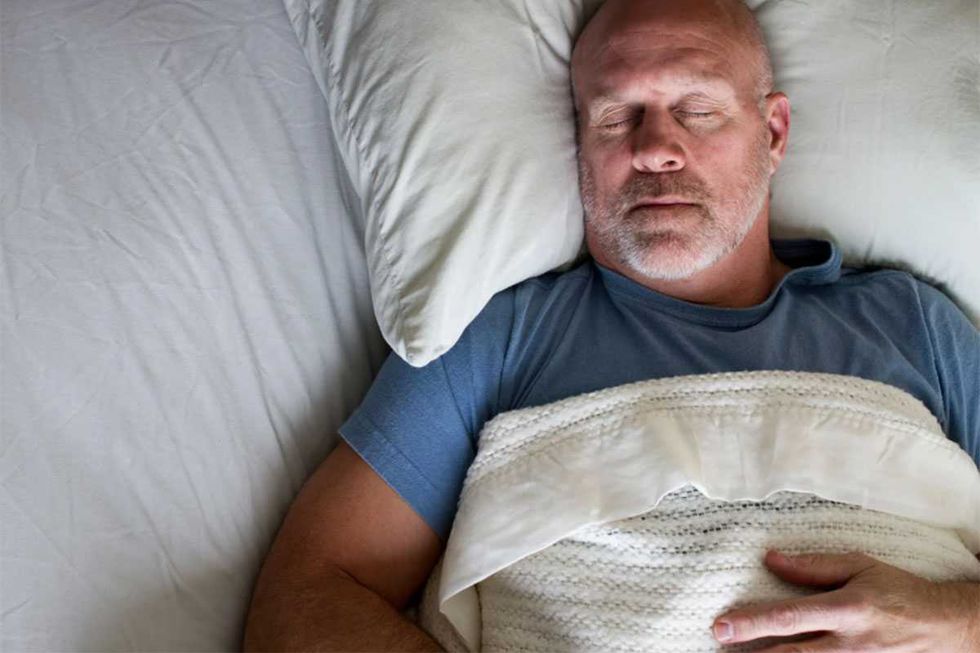 Is solo sleep the best sleep?
Is solo sleep the best sleep?  Some poeple want their space, and some can't imagine being that seperate.
Some poeple want their space, and some can't imagine being that seperate. 
Professor shares how many years a friendship must last before it'll become lifelong